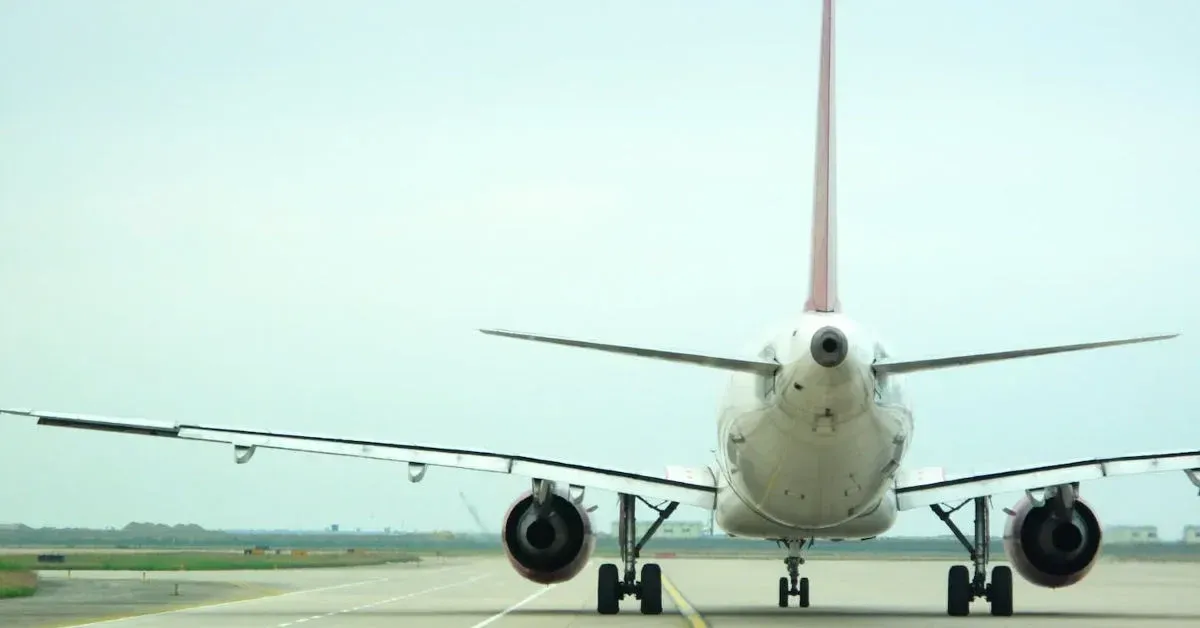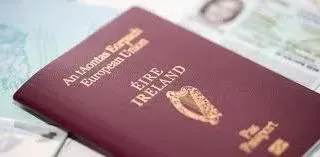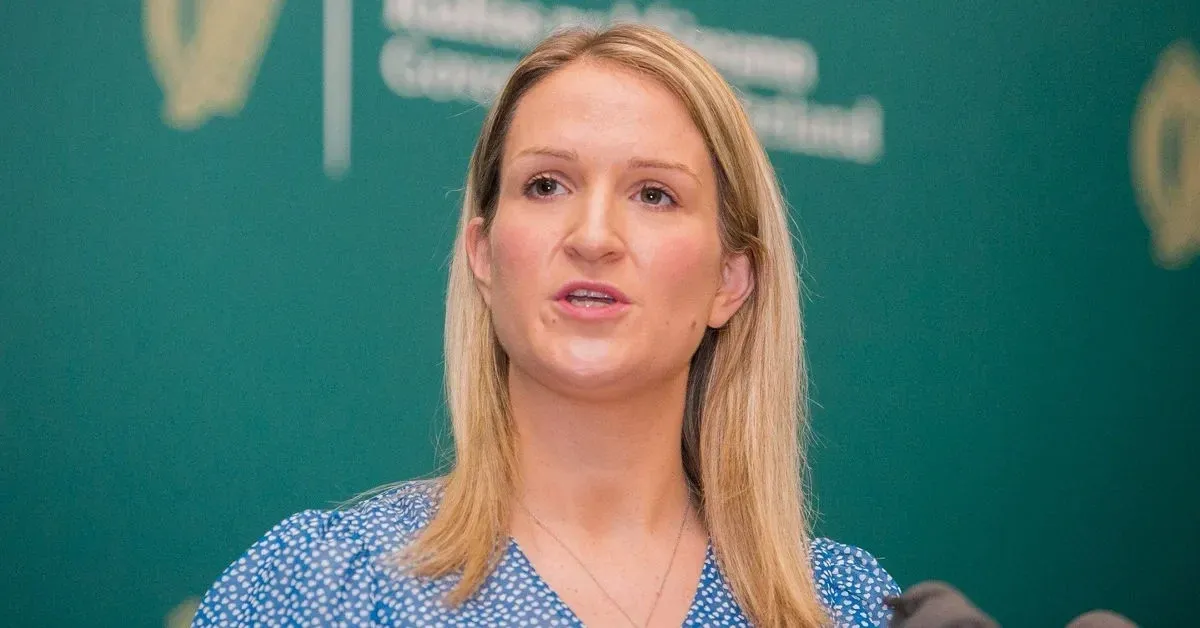A flight was grounded at Dublin Airport after one of its pilots failed an alcohol test during a surprise inspection conducted by the Irish Aviation Authority (IAA). The incident took place on September 17, 2024, when inspectors boarded a cargo aircraft operated by an undisclosed international airline as part of routine safety checks.
During the inspection, which involved reviewing pilot licenses and mandatory flight documentation, the IAA team administered a breathalyser test. One of the pilots was found to have blood alcohol levels “considerably over” the legal limit, rendering them unfit to operate the aircraft.
As a result, the aircraft was immediately prevented from taking off, and the pilot was removed from the cockpit. The IAA subsequently launched legal proceedings in Dublin District Court and reported the violation to the US Federal Aviation Administration (FAA), which has since revoked the pilot’s license.
The IAA reaffirmed its commitment to safety, stating, “We will continue to conduct unannounced inspections on foreign aircraft operating at Irish airports, including breathalyser tests for both pilots and cabin crew.”
This incident highlights a growing concern over alcohol-related safety risks in aviation. Similar cases have occurred globally in recent months.
In January 2024, a Southwest Airlines pilot, David Allsop, was arrested at Savannah/Hilton Head International Airport in Georgia, USA, for being under the influence before a scheduled flight to Chicago. Authorities reported he smelled strongly of alcohol and was removed from the cockpit, delaying the flight by nearly five hours.
Another incident in December 2024 involved two Japan Airlines pilots scheduled to fly to Melbourne. Both men failed self-administered breath tests at their hotel. One pilot reported illness to delay his shift, while the other proceeded to the airport. Airport testing confirmed high alcohol levels, and the flight was delayed by over three hours until safe levels were confirmed.
Japan Airlines issued an apology and pledged stricter measures to prevent such occurrences in the future.





